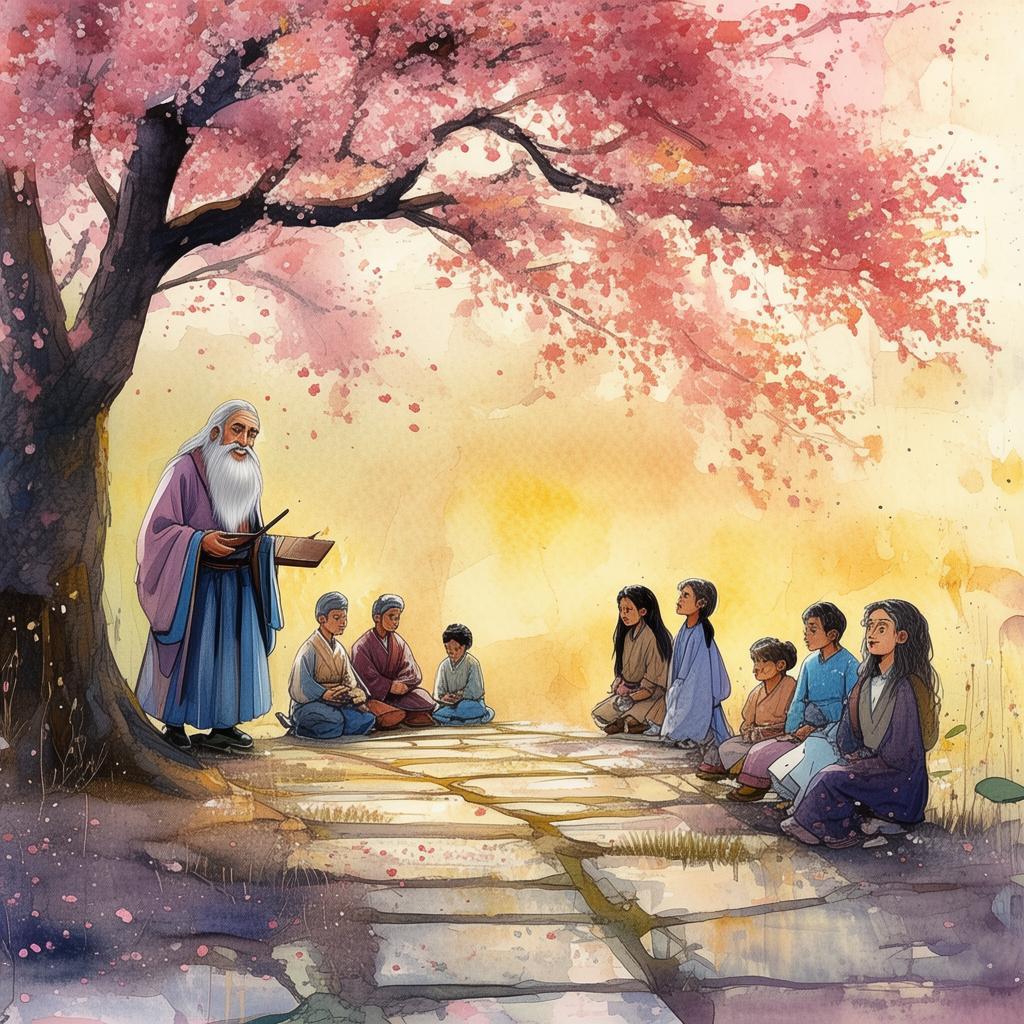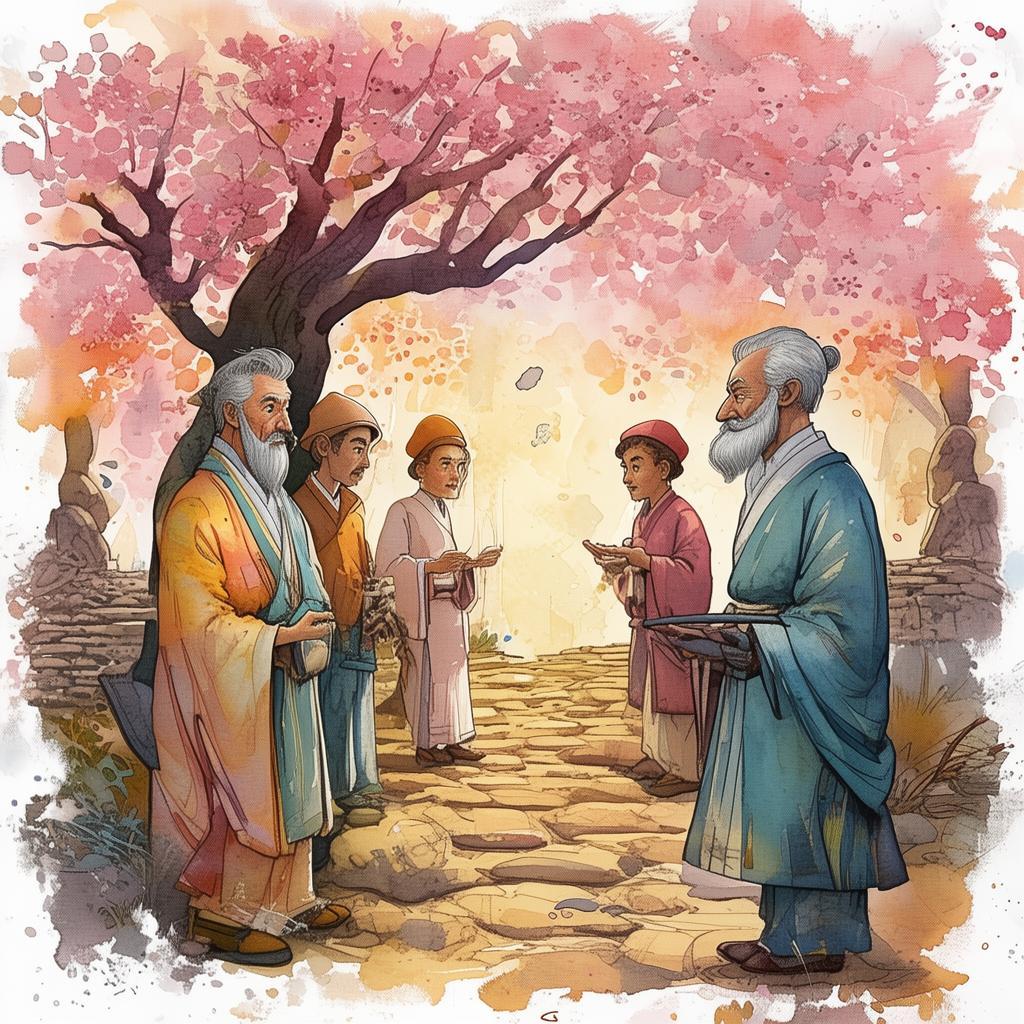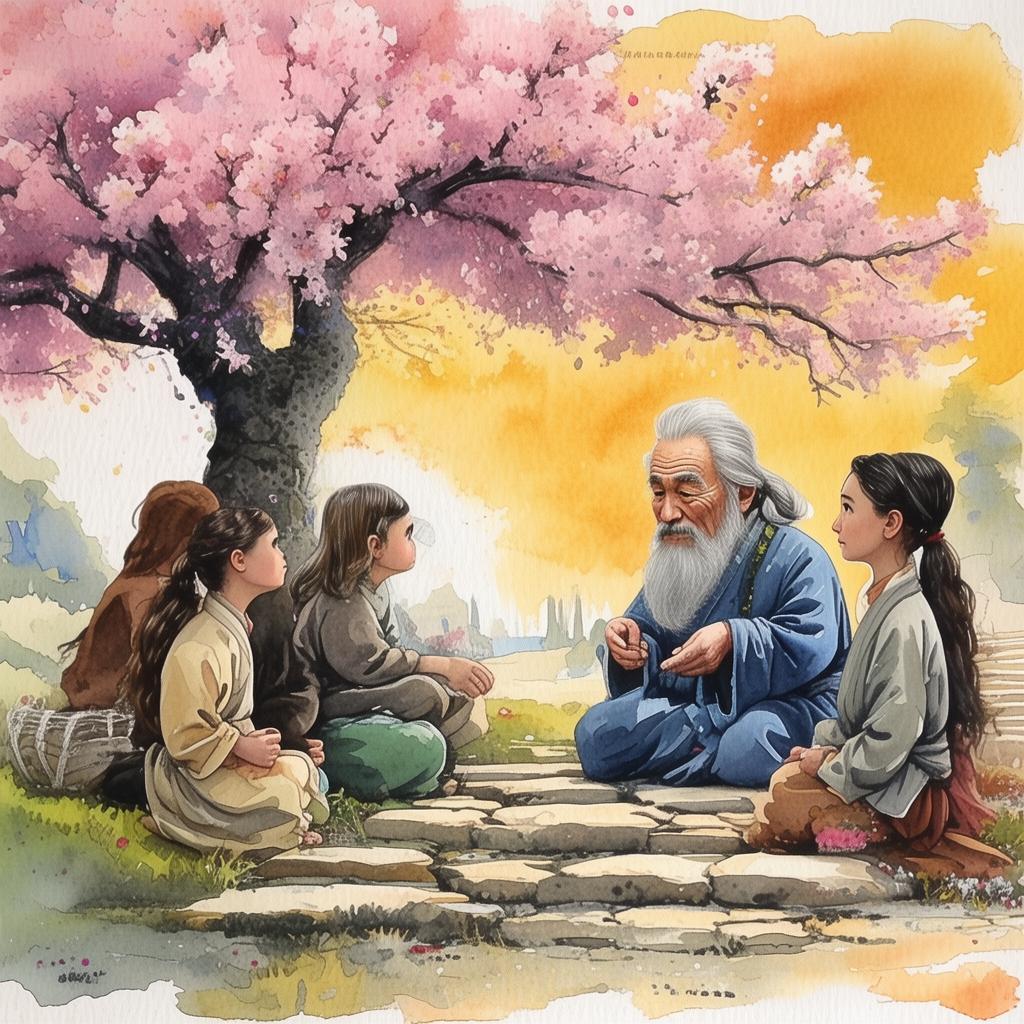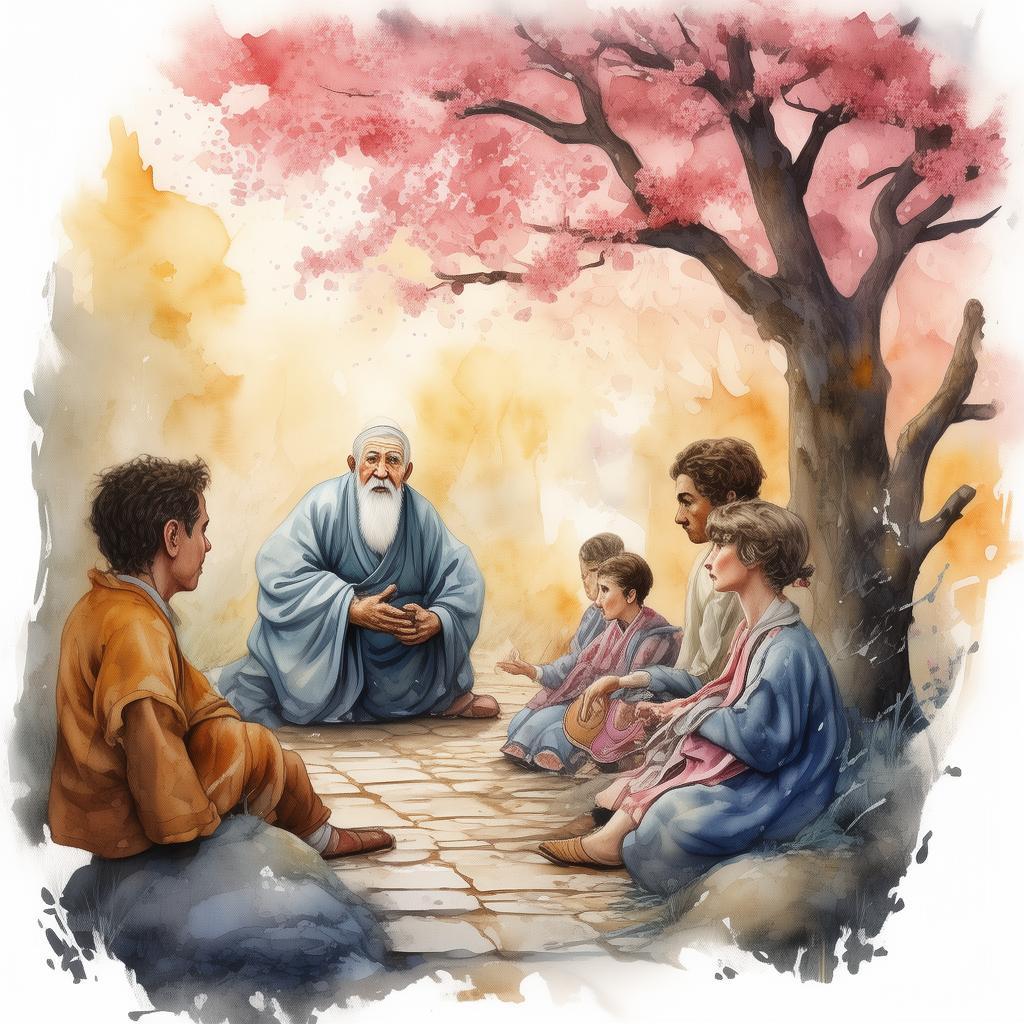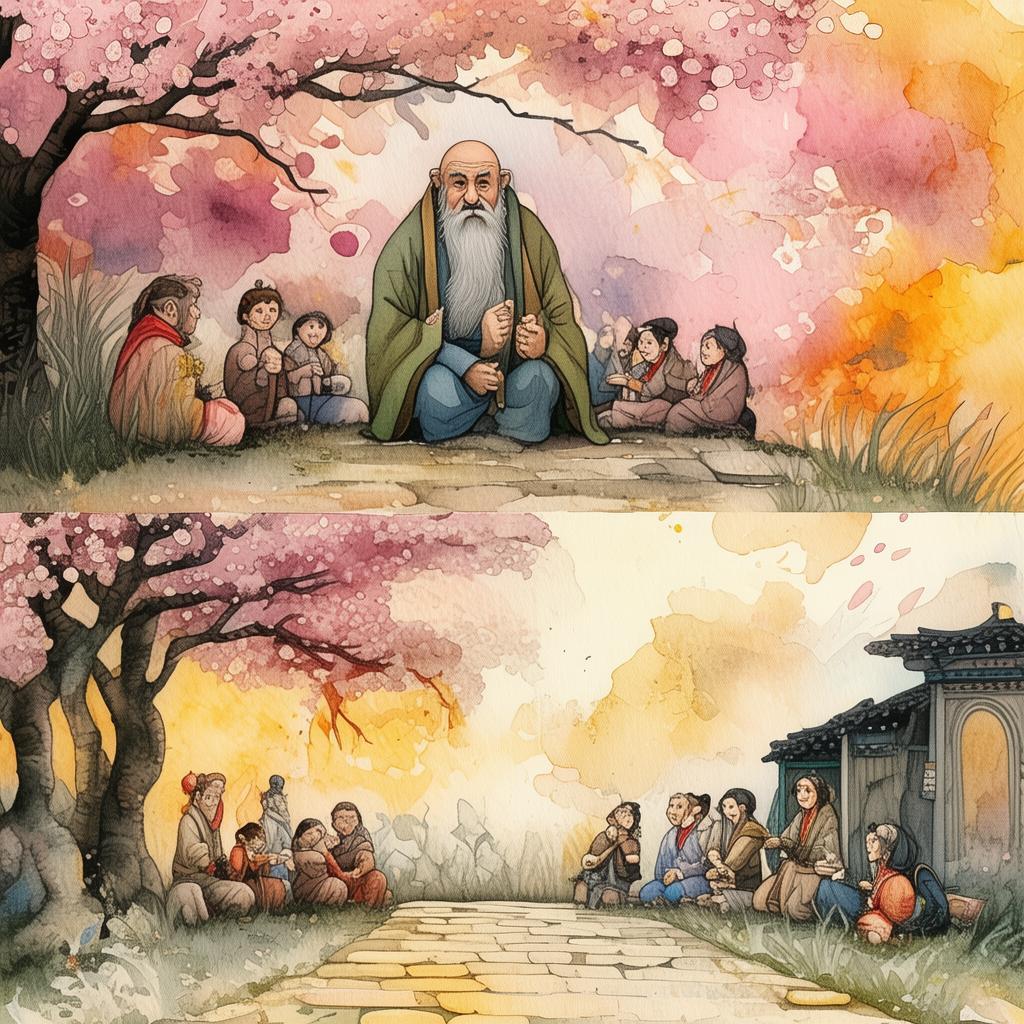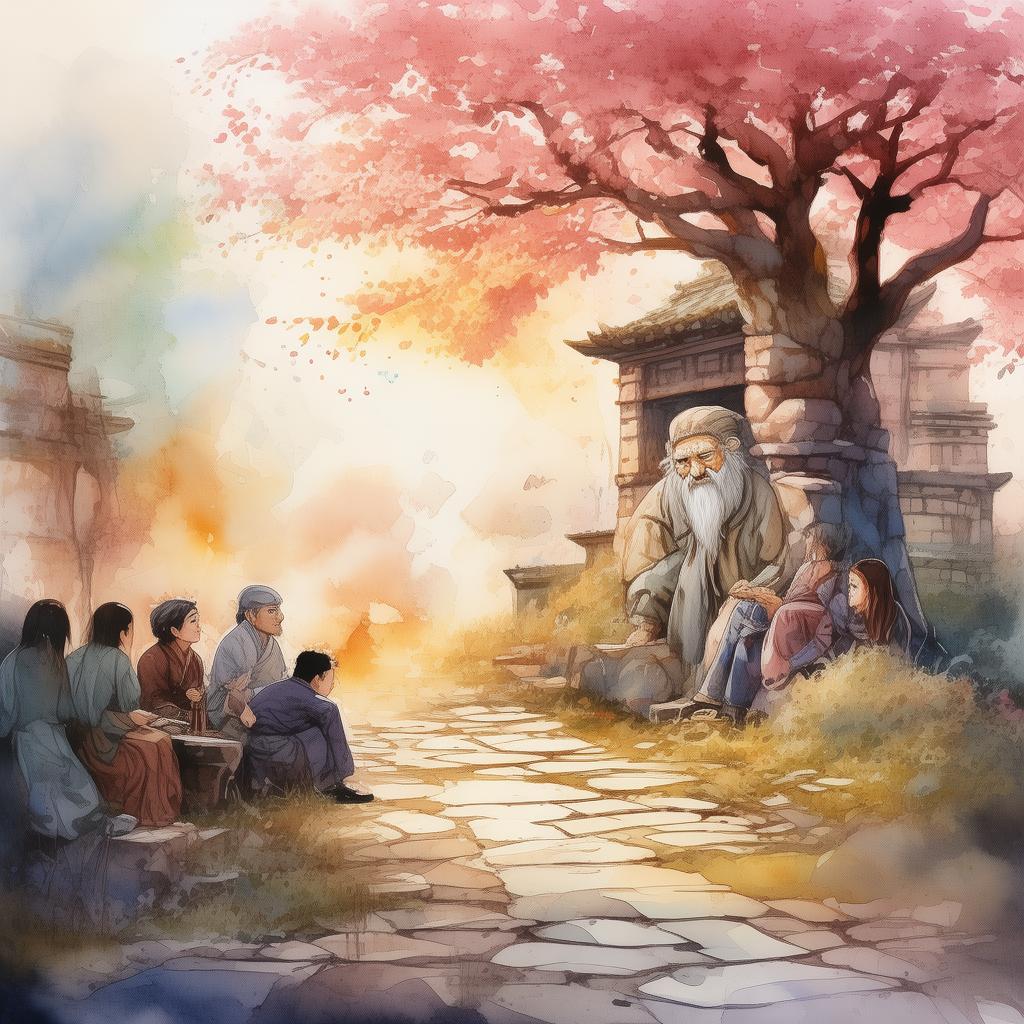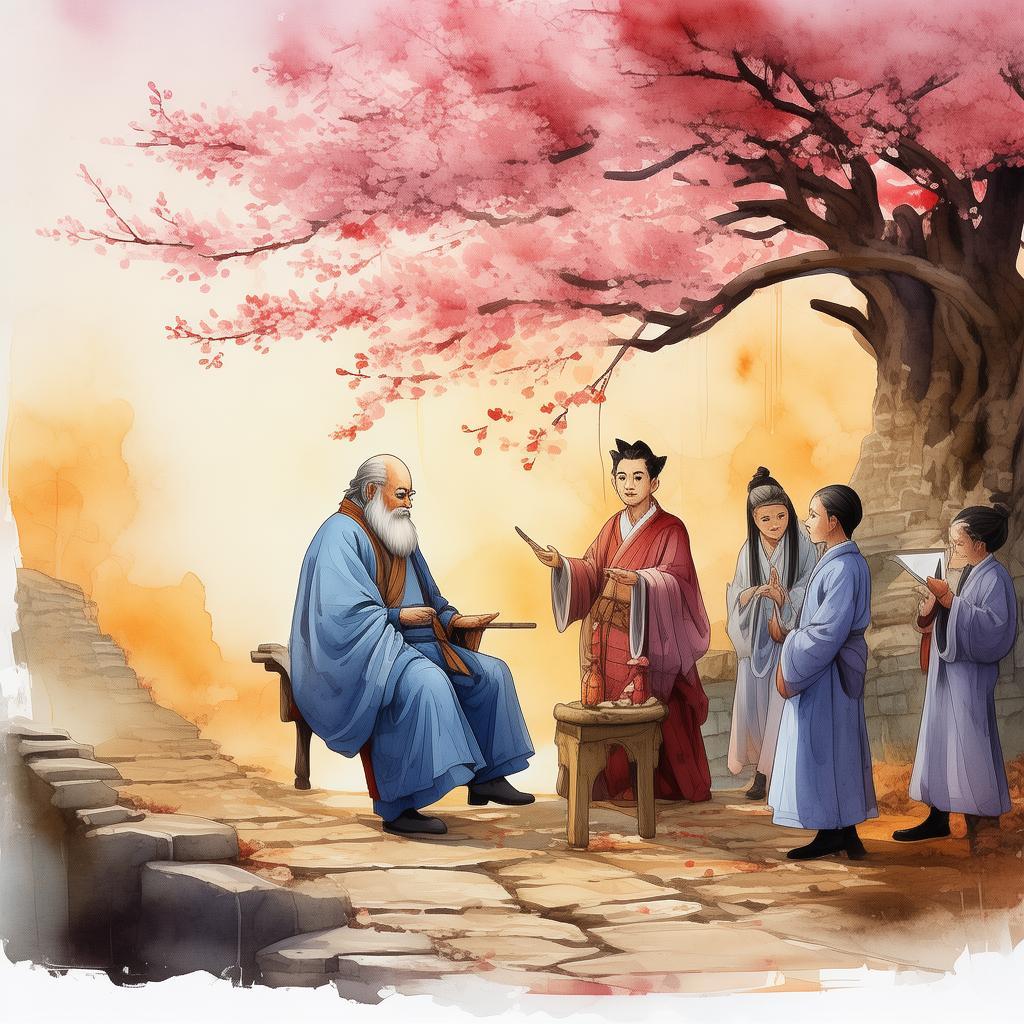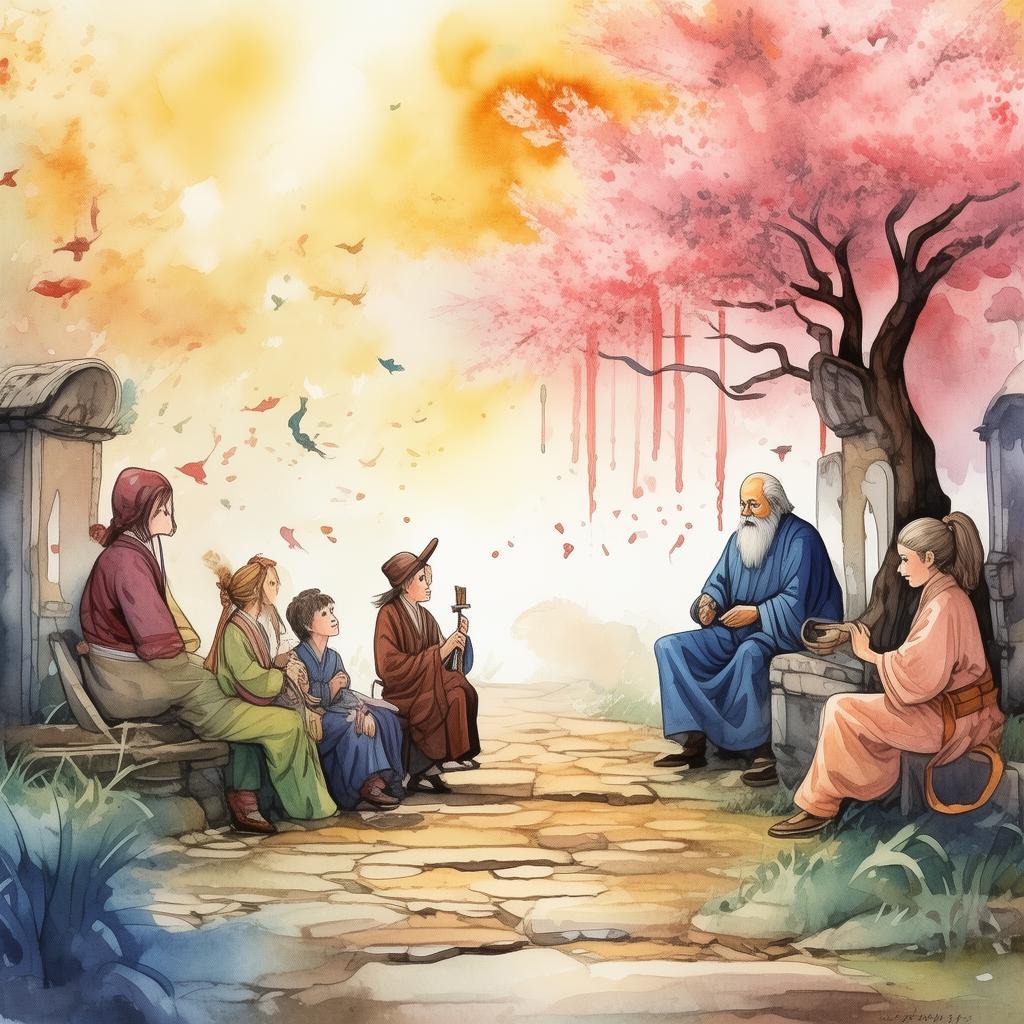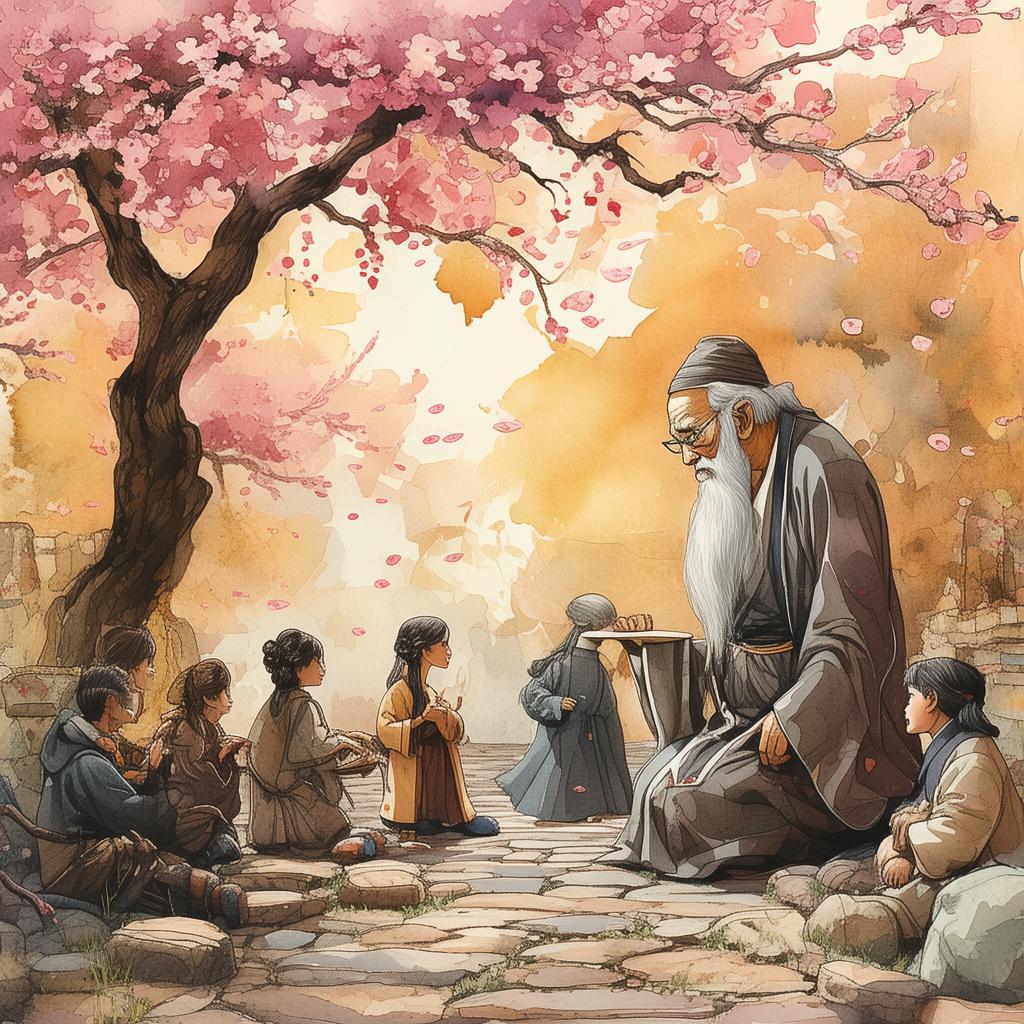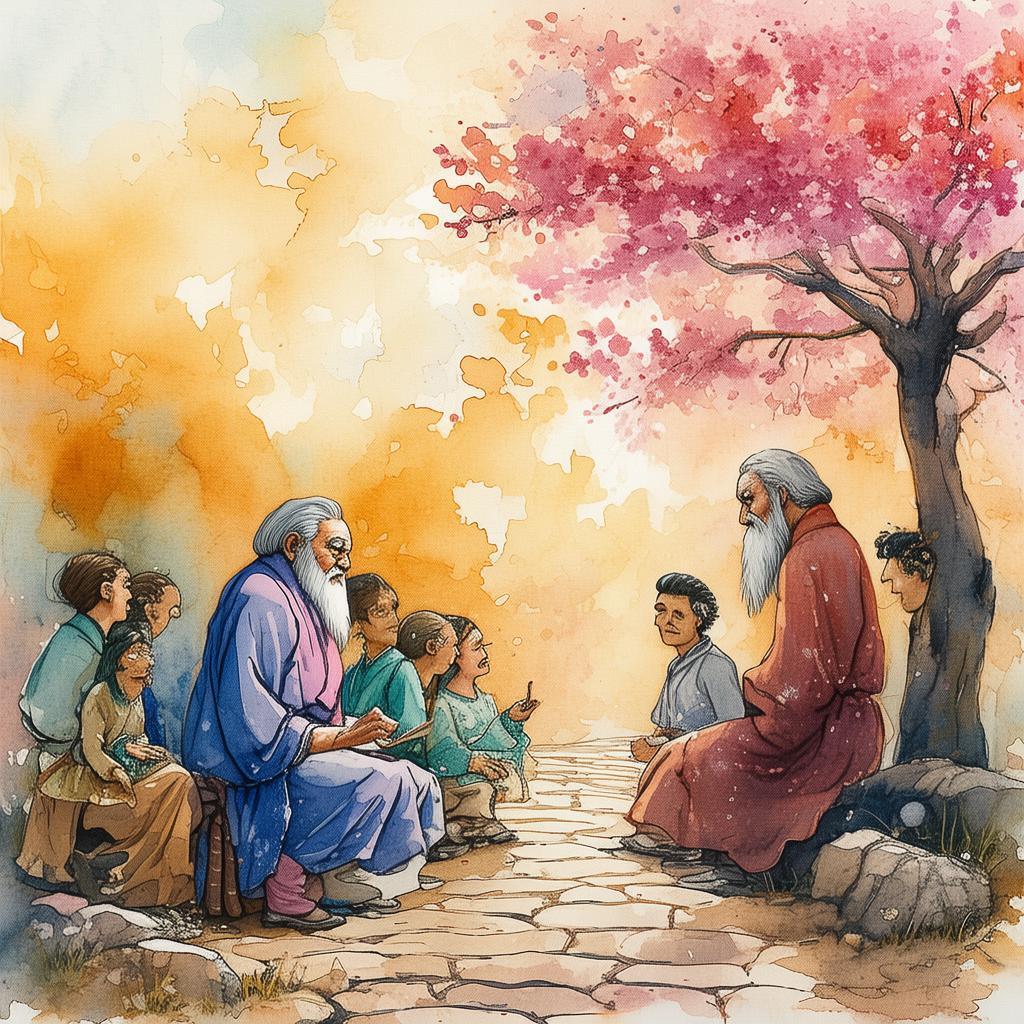The Melody of Unity: A Pinyin Symphony
In the bustling city of Beijing, amidst the towering skyscrapers and the cacophony of traffic, there lived a young linguist named Hua. Hua had always been fascinated by the beauty of language. She spent her days surrounded by books, learning the intricate patterns of phonetics and the nuances of grammar. Her dream was to become a translator, to bridge the gaps between cultures and bring people together through the universal language of communication.
One day, while browsing through a library filled with ancient scrolls and modern dictionaries, Hua stumbled upon a peculiar book titled "The Syllable Symphony A Pinyin Symphony." Intrigued by the title, she decided to take it home and read it during her evening break.
The book was unlike any she had ever seen. It was a collection of stories that explored the wonders of the Pinyin system, a phonetic alphabet used to transcribe Chinese characters. Each story was a symphony of sounds, a testament to the power of language to convey emotion and meaning.
Hua was particularly captivated by one story, titled "The Melody of Unity." It was the tale of a young girl named Ling who grew up in a small village in the mountains. Ling was a natural linguist, able to pick up languages with ease. She loved listening to the different sounds and rhythms of her village's dialect, but she yearned for a way to share her love of language with the world.
One day, Ling met an old man who had traveled far and wide, learning languages and cultures from all over the world. He told her about the Pinyin system and how it could be used to bring people together. Inspired by his words, Ling decided to embark on a journey to spread the joy of language.
As she traveled, Ling encountered people from all walks of life. She taught them Pinyin, showed them how to read Chinese characters, and shared her passion for the beauty of language. The people she met were from different countries, spoke different languages, and followed different cultures, yet they all found common ground in the power of communication.
Ling's journey became a symphony of sounds, a celebration of linguistic diversity. She taught a fisherman in a small coastal village how to read the Pinyin transcriptions of the ancient poems he loved. She taught a young girl in a bustling city the rhythms of her own dialect, which she had long forgotten. She taught an elderly woman who had spent her life in a foreign land how to read her native Chinese again.
As the story unfolded, Hua found herself drawn deeper into the narrative. She saw the reflection of her own dream in Ling's journey. She realized that the Pinyin system was not just a tool for language learning, but a bridge that could connect people across the globe.
Hua spent the next few weeks reading "The Syllable Symphony A Pinyin Symphony" cover to cover. She was inspired by the stories of people who had used language to bring about change, to heal wounds, and to create understanding. She felt a newfound sense of purpose, a drive to use her skills to make a difference in the world.
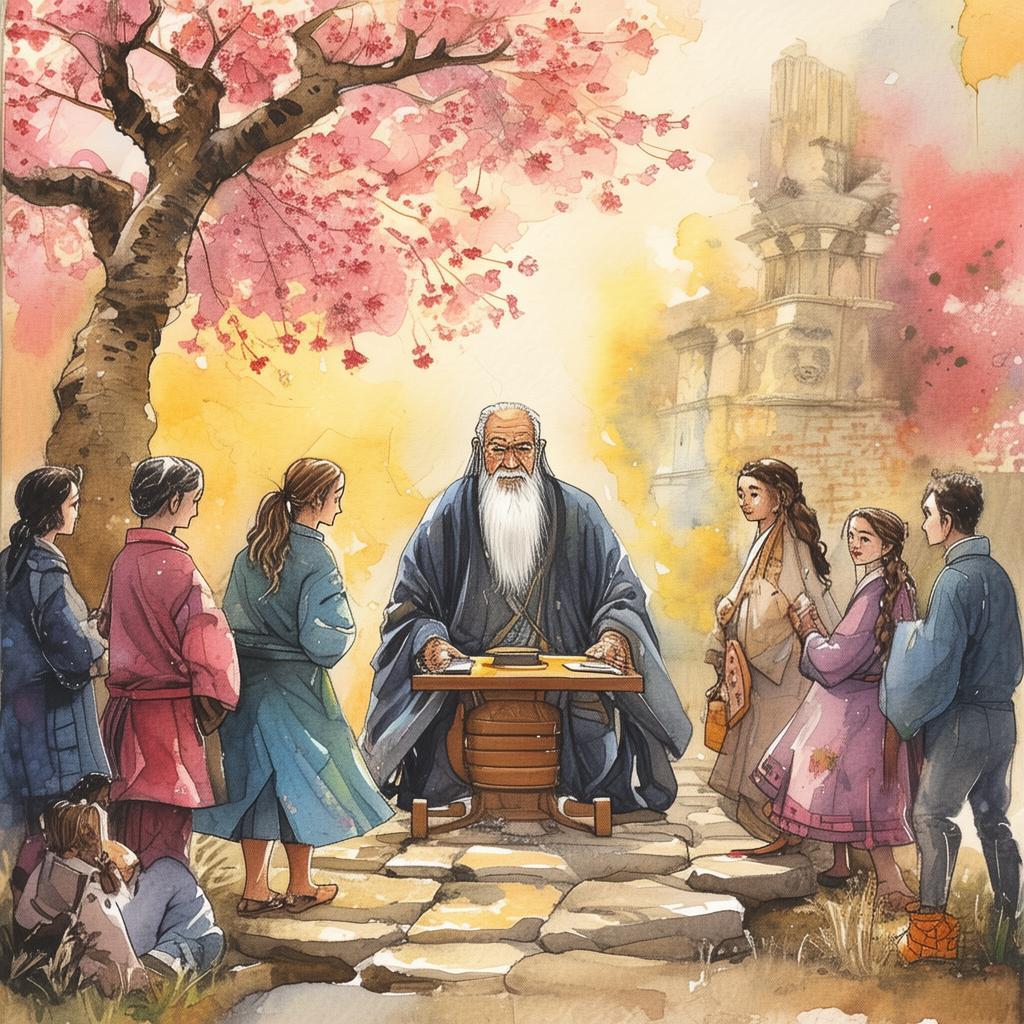
One evening, as Hua was reading a particularly touching story, she decided to act on her inspiration. She reached out to a local community center and offered to teach a weekly Pinyin class. The response was overwhelming. People from all over the city came to learn, to share, and to connect.
Hua's class quickly grew into a symphony of voices, a celebration of diversity and unity. Students from different backgrounds and cultures came together, learning from each other and forming bonds that transcended language barriers.
As the months passed, Hua saw the impact of her efforts. She witnessed the transformation of her students, how the power of language had brought them closer together. She realized that her dream had become a reality, that she had found her voice in the same way Ling had found hers.
The story of "The Melody of Unity" had come full circle. Hua had not only learned the power of language but had become a part of its symphony, using it to create harmony in the world around her.
In the end, Hua understood that the true melody of unity was not just in the sounds of language but in the hearts of those who shared it. She had found her place in this symphony, a note that added to the harmony of the world, a testament to the unifying power of communication.
✨ Original Statement ✨
All articles published on this website (including but not limited to text, images, videos, and other content) are original or authorized for reposting and are protected by relevant laws. Without the explicit written permission of this website, no individual or organization may copy, modify, repost, or use the content for commercial purposes.
If you need to quote or cooperate, please contact this site for authorization. We reserve the right to pursue legal responsibility for any unauthorized use.
Hereby declared.
